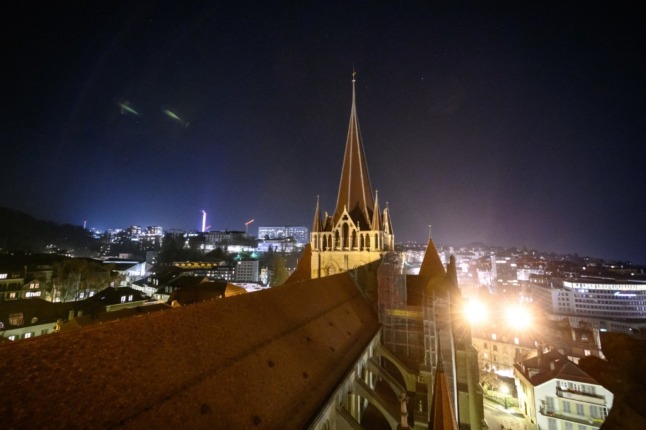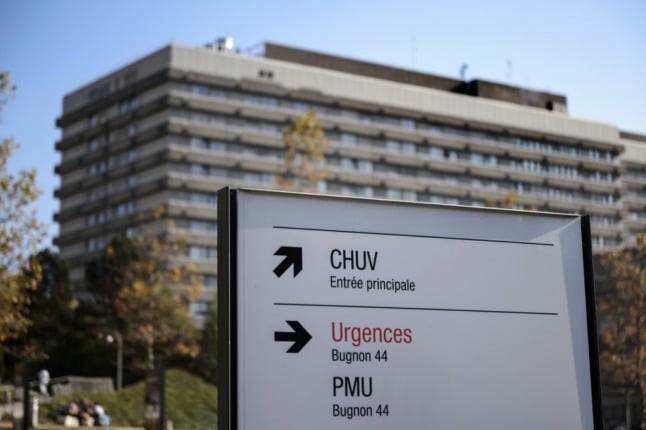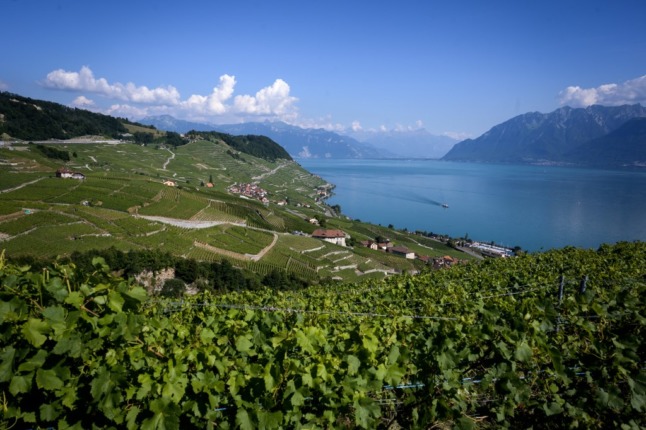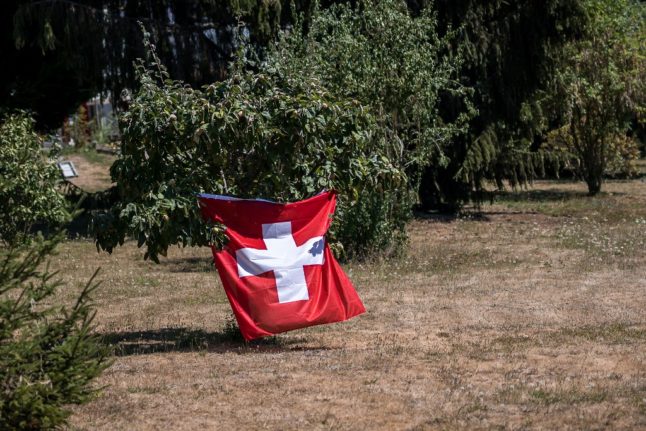Although Vaud may not be as well-known abroad as Zurich or Geneva, many foreign nationals find their way into this canton in the western part of Switzerland.
In fact, about 33 percent of the canton’s 800,000-plus residents come from other countries.
Only its neighbour, Geneva, as well as Basel-City, have a higher proportion of foreign residents — 40 and 36 percent, respectively.
High concentration of foreigners may be explained by the fact that Vaud is home to a number of multinational companies, including Nestlé, Phillip Morris, Medtronic, General Mills, as well as a major research and education hub, the Federal Polytechnic Institute (EPFL).
The canton’s proximity to Geneva also means it is a popular commuter destination.

If you are moving to this area, or have already settled here and are still feeling your way around, this practical information may help you find your bearings.
Here’s what you need to know about moving to Vaud.
Vaud’s capital: Lausanne
The seat of the cantonal government and the fifth-largest city in Switzerland (after Zurich, Geneva, Basel, and Bern), Lausanne is a super interesting place, which hosts the International Olympic Committee and its sports museum.
It also boasts a very picturesque medieval Old Town, as well as some Roman ruins located alongside the shore of Lake Geneva (known here as Lac Léman).

Although very hilly, Lausanne has a well-developed public transportation network, consisting of trolleybuses and metro, making it easy to move around this town.
Register your arrival
Whether you live in Lausanne or in another part of Vaud — which is made up of 302 communes located in 10 districts — you must announce your arrival at your local place of residence. This is a requirement in other Swiss cantons as well.
You can visit your commune’s website to find out exactly what documents are needed for registration, as this may vary from one municipality to another, even within the same canton.
READ MORE: How to register your address in Switzerland
Taxes
Each Swiss canton imposes its own taxation regime, and figuring out how to fill out your tax declaration or how much tax you owe can be a headache — no matter where you live.
This official site will help you calculate your taxes, based on your commune of residence.
Alternatively, you can find this information here.
READ MORE: Switzerland’s strangest taxes – and what happens if you don’t pay them
Health insurance
Health insurance is compulsory not only in Vaud, but also elsewhere in Switzerland. You will have to purchase a policy within three months of your arrival in the canton.
You can find various insurance carriers in Vaud, along with their rates, in this link.
While health insurance premiums are notoriously high in Switzerland, and Vaud’s are among the highest in the country, you can be assured of top-quality medical care.
That’s because Vaud’s university hospital (CHUV) is highly ranked not only in Switzerland, but it was also selected by Newsweek as one of the 10 best hospitals in the world in 2021.

Commuter towns
While the majority of Vaud residents are employed in the canton, some people — especially those living in the southern part of the canton — commute to work in nearby Geneva.
Communities along Lake Geneva, such as Gland, Nyon, and Coppet, are among Vaud towns that are connected to Geneva by the A1 motorway or rail.
MAPS: The best commuter towns when working in Geneva
Leisure and recreation
Vaud offers lots of opportunities for both leisure and recreation, including boating on Lake Geneva and skiing in resorts like Villars, Les Diablerets, and Leysin.
And Vaud is also a well-known (at least locally) wine growing region, with vineyards located mainly along the coast of Lake Geneva.
One, the Lavaux area, which stretches for about 30 km along the lake, is a UNESCO World Heritage site.
Food
Vaud has some of its own culinary specialties that new residents should definitely try to get the taste — both literally and figuratively — of the region.
These are some typical dishes:
- Sainte-Croix pea soup is often served at local fairs and village get-togethers
- Ham on the bone and potato gratin are most commonly eaten at village events
- Malakoffs — cheese fritters coated with batter are quite caloric but delicious
- Arctic char and perch fillets from Lake Geneva lightly fried and served with tartare sauce are a popular local specialty.
As they say in this part of Switzerland, bon appétit!
READ MORE: Six common myths about Swiss food you need to stop believing



 Please whitelist us to continue reading.
Please whitelist us to continue reading.
Member comments